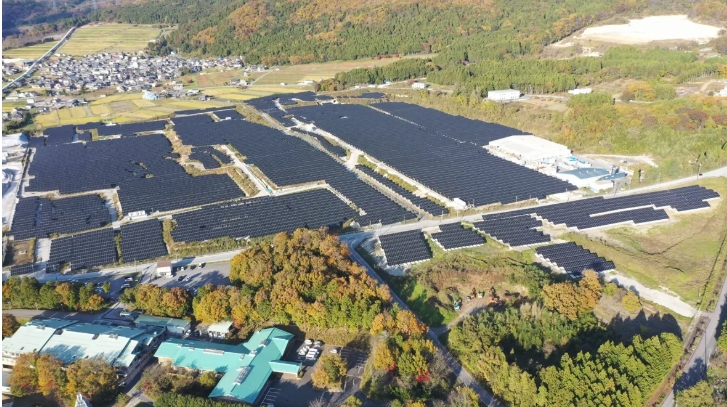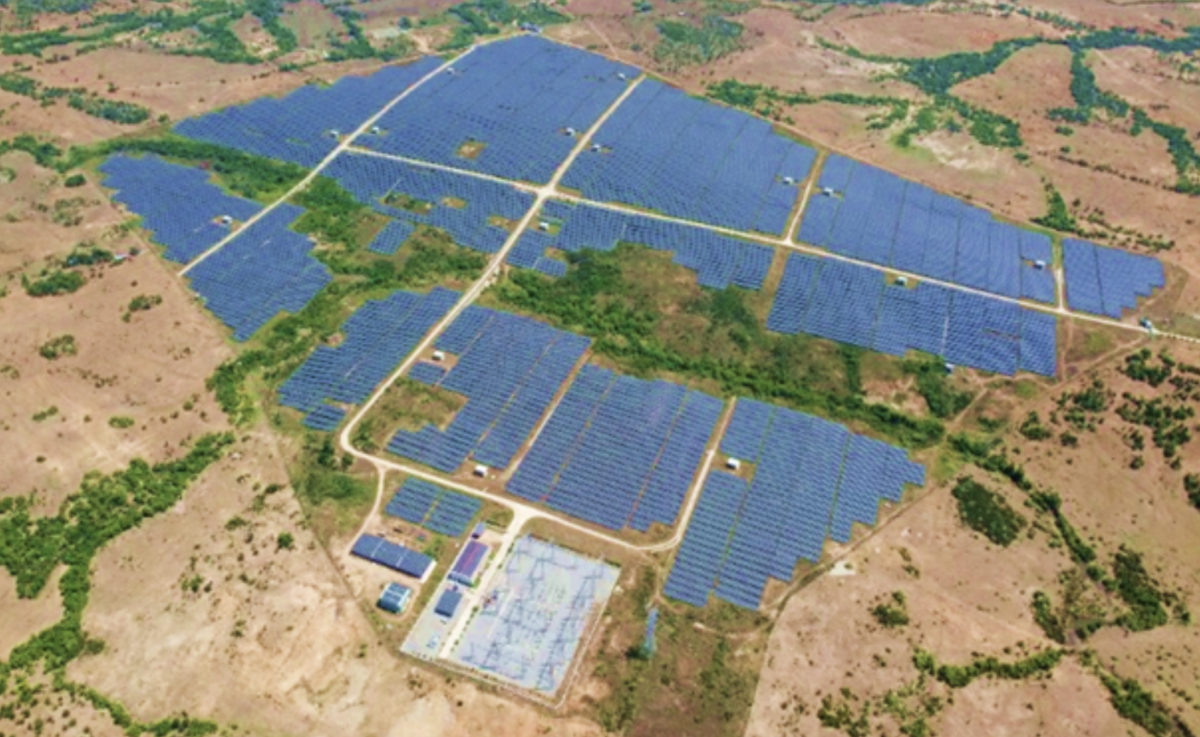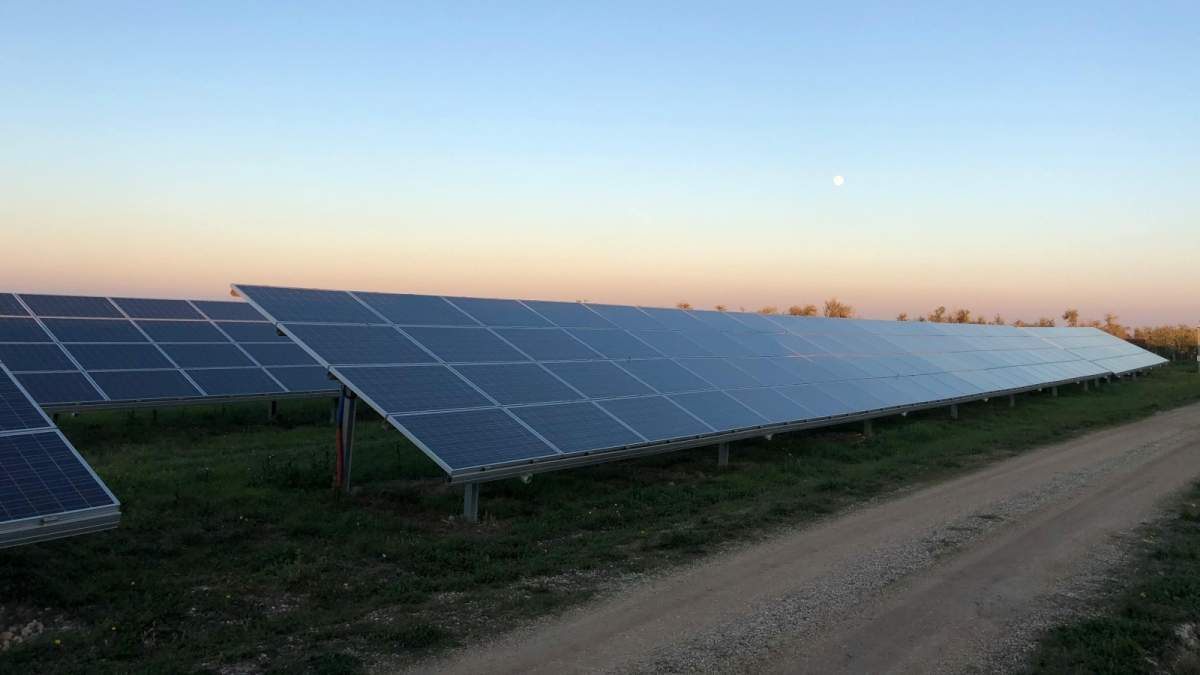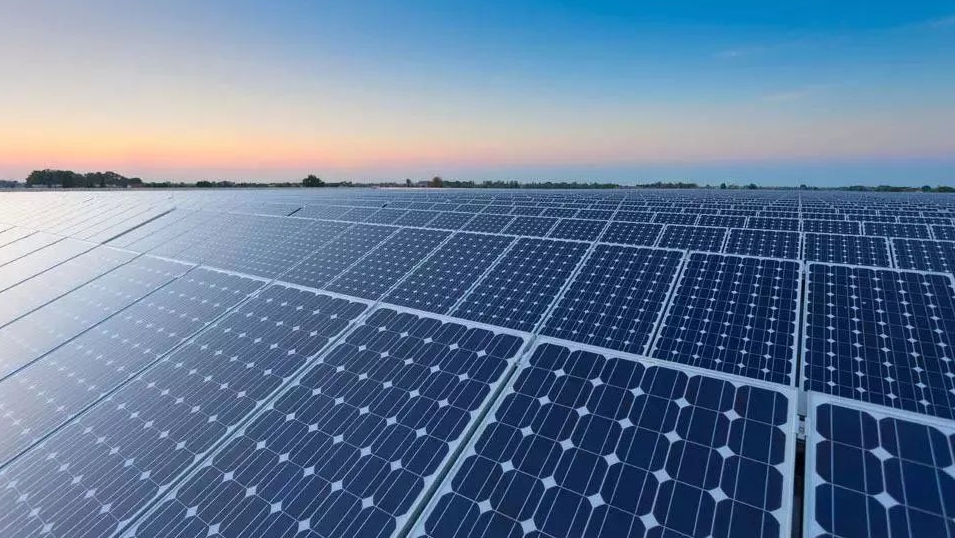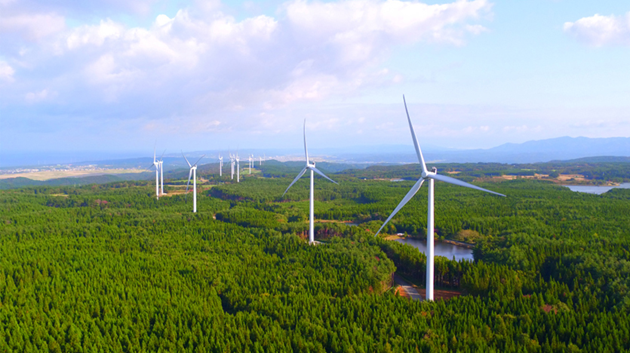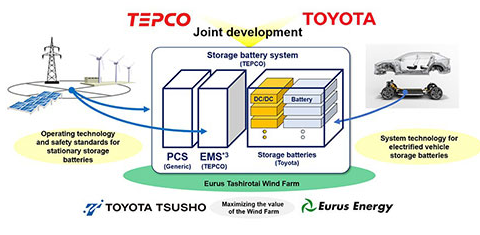
Trondheim, Norway (source: flickr/ Almusaiti, creative commons)
The drilling of four wells for geothermal heating is now underway in Taraldrud, Ski Municipality, Norway. The drilling site coincides with the area for the construction of a new National Police Emergency Response Center, which is scheduled to be operational by the end of 2020. Financial support for the initiative was provided by Enova, while drilling will be undertaken by two Norwegian companies, Rock Energy and Basum Boring.
Savings on heating costs
The geothermal wells will provide snow melting for the center’s helicopter spaces, street heating, and heating of the center’s indoor shooting range. With all four wells operational, street heating costs can be reduced from NOK 200 to NOK 15 per square meter. Annual savings due to geothermal heating is estimated to be at around NOK 1.7 million.
Around 40 percent of the NOK 38 million ($4.4m) total investment cost was provided by Enova. “Without the money from Enova, it would not have been economically viable for us to initiate the well project.”, said Ministry of Justice and Emergency Planning’s project manager, Paul Torgersen. “The support has been the trigger for the steering group in the Ministry of Finance to say yes to the investment. They were initially concerned about the project’s environmental benefits and life-cycle costs.”
Innovative drilling methods
The four wells were designed to go to depths of 1500 meters, only the second time that this has been attempted in Norway. To complete the drilling of the wells faster and at less cost, the drilling companies have adopted a special drilling method that uses compressed air. According to Per Daniel Petersen, the project’s manager for drilling and piping, “Hammer strokes makes drilling work both cheaper and faster compared to rotary drilling.”
According to Bjorn Mosskull, project manager at Rock Energy, drilling at depths of 1,000 to 1,500 meters requires much stronger drill bits than ordinary well projects. “In green wells you can change the crown quite often during drilling, but if you are going to pull up 1,000 meters of drill string, replace something completely at the bottom and put it back together before the drilling can resume, then there is a very large cost to handle.”, added Mosskull.
An additional drilling rig will be mobilized to the construction site in the next few days, which should bring the drilling rate up to 100 meters every day. This should help the team meet their target deadline of November 1st. If not all four wells can be drilled, the project has the option to make do with whatever wells have been completed.
Guarded optimism
Frode Olav Gjerstad, senior adviser in Constrution of Enova, believes that there is a large thermal potential in Norway that can be utilized in a more environmentally friendly and cost-effective way.
“What lies at 1500 meters deep is still unknown, as it is only the second time that this has been done in Norway. Naturally, we are interested in gathering data and using the information to execute similar projects. For example, we want to know more about the temperatures, capacity, and how the wells perform over time”, added Gjerstad.
